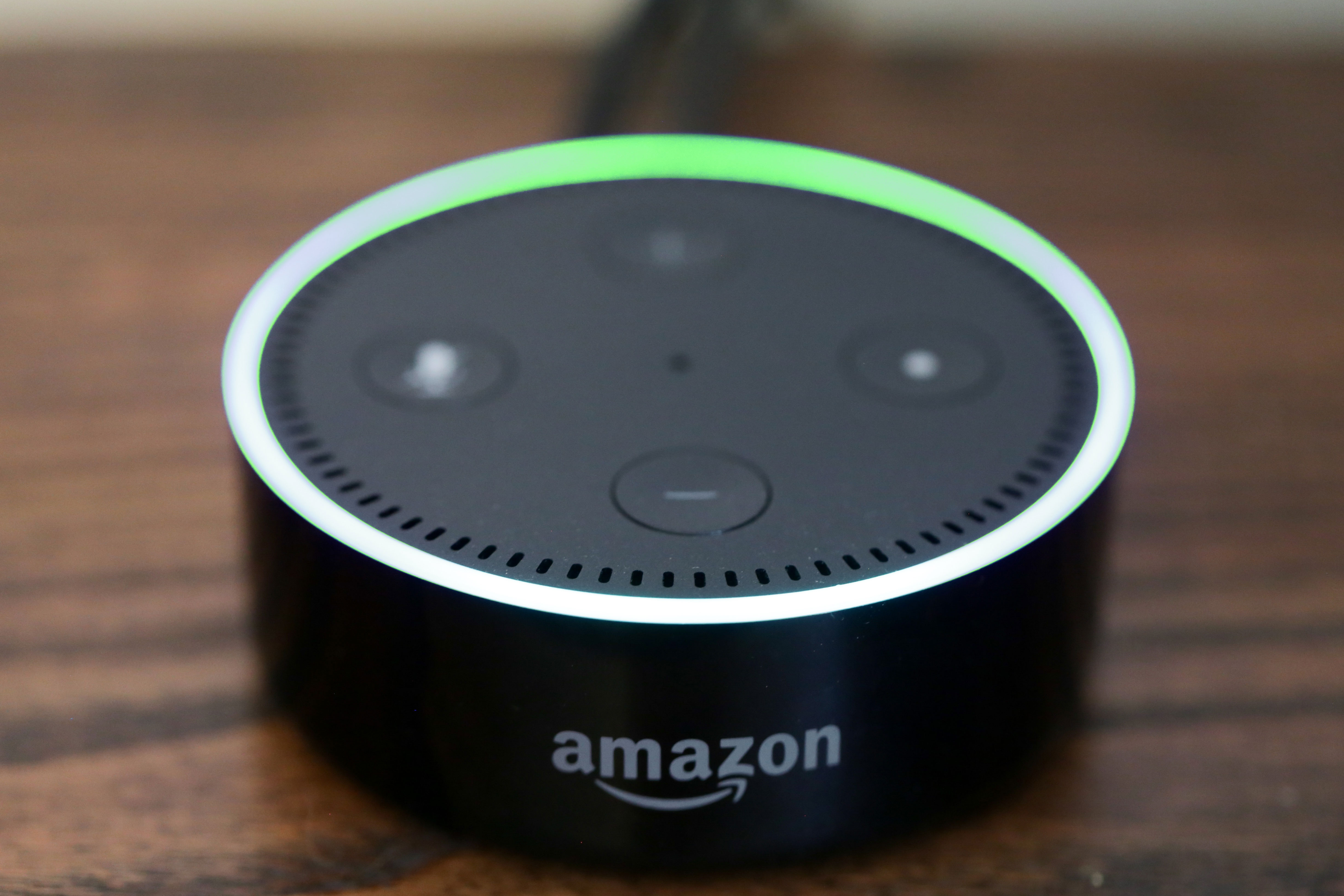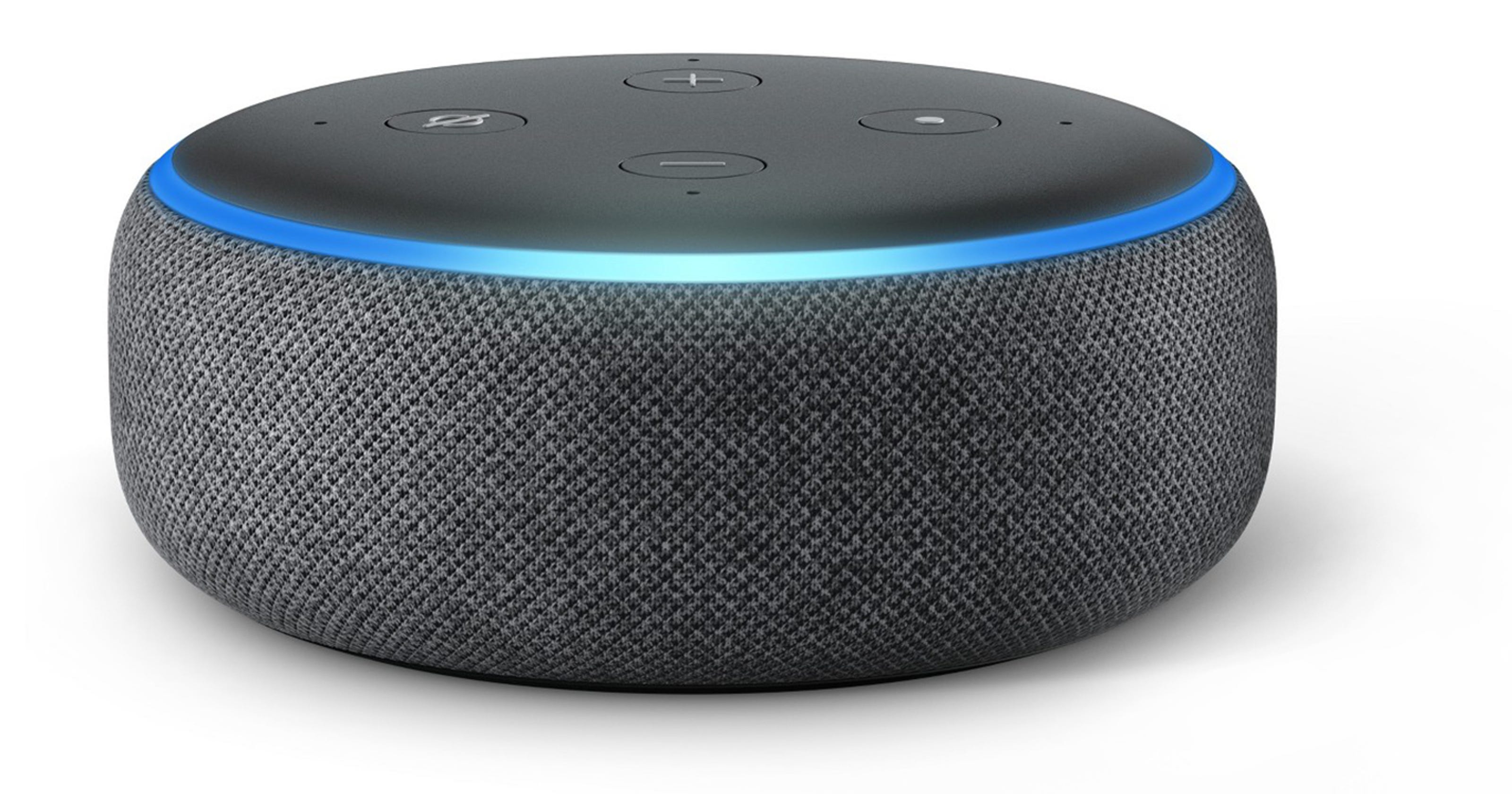Alexa Carr - Exploring A Public Figure's Presence
When we think about individuals who leave a mark on the public stage, there are some people whose very presence seems to generate a unique kind of interest. Alexa Carr, for instance, is someone whose work and public persona have captured the attention of many. She is, in a way, a figure whose journey many find quite compelling to observe.
Her contributions, whether through creative endeavors or public engagement, really seem to resonate with a broad audience. It's almost as if she has a knack for connecting with people, drawing them into whatever she's involved with. We often see her name come up in discussions about contemporary figures making an impact, and that, too, speaks volumes about her influence.
This article aims to give you a bit of a closer look at Alexa Carr, exploring what makes her a notable individual in the public eye. We will also touch upon some general health insights, as a healthy life, you know, is something everyone can appreciate and perhaps learn a little something about.
Table of Contents
- Who is Alexa Carr?
- What Makes Alexa Carr Stand Out?
- How Does Alexa Carr Inspire Others?
- A Closer Look at Well-being and What It Means
- Why Pay Attention to Your Blood Picture?
- What Can Your Red Blood Cells Tell You?
- Understanding Red Blood Cell Size - A Brief Explanation
- Alexa Carr's Interest in General Health Awareness
- What Are Some Common Reasons for Bigger Red Blood Cells?
- Important Things to Remember About Your Blood Work
Who is Alexa Carr?
When we talk about Alexa Carr, we are referring to a public personality whose work has touched various areas, leaving a distinct impression. She is someone who, through her actions and presence, has gathered a following and generated a lot of discussion. It is interesting, perhaps, to consider the different aspects that make up her public identity.
Personal Details - Alexa Carr
| Attribute | Detail |
|---|---|
| Public Role | Public Figure, Creative Professional |
| Known For | Engaging content, inspiring presence |
| Impact | Broad audience reach, influential discussions |
| Focus Areas | (Varied, depending on public projects) |
What Makes Alexa Carr Stand Out?
You know, there are many individuals in the public eye, but some just seem to have a certain spark that sets them apart. For Alexa Carr, it's pretty much her way of engaging with people and the projects she chooses to pursue. She tends to be someone who brings a fresh perspective to whatever she puts her mind to, which is a quality many people genuinely appreciate.
Her ability to connect on a personal level, even with a large audience, might be one of her most defining characteristics. She often comes across as very genuine, which, as a matter of fact, helps build a strong bond with those who follow her work. This sort of connection, really, is quite rare and valuable in today's world.
She has, in some respects, shown a consistent commitment to her chosen paths, whether they involve creative pursuits or public discussions. This dedication, coupled with her approachable demeanor, makes her a figure that people feel they can relate to and trust. It's not just about what she does, but how she goes about doing it.
How Does Alexa Carr Inspire Others?
It's interesting to think about how someone like Alexa Carr manages to motivate people. She often does this through the stories she shares, or perhaps the way she tackles challenges in her own professional life. People, you know, often look for examples of resilience and creativity, and she seems to offer just that.
Her influence can be seen in the way her audience responds to her ideas and even takes action based on her suggestions. It's kind of like she provides a gentle push for people to explore their own potential or consider new ways of looking at things. This capacity to encourage positive movement is, quite frankly, a significant part of her public appeal.
Also, she tends to be open about her experiences, which can be very relatable for many. When people see someone being open and honest, it often encourages them to be the same. This openness, then, creates a space where others feel comfortable sharing their own thoughts and aspirations, which is pretty much what inspiration is all about.
A Closer Look at Well-being and What It Means
Moving on from public figures, let's consider something that touches everyone's life: personal well-being. It's a topic that, you know, comes up a lot in conversations about leading a good life. Taking care of ourselves, both physically and mentally, is something that really makes a difference in our daily experiences.
Thinking about health, it’s not always about big, dramatic illnesses. Sometimes, it’s about understanding the little signals our bodies send us, or just having a general idea of what goes on inside. This kind of basic awareness can be pretty helpful for anyone wanting to stay on top of their health picture, you know?
So, we are going to talk a little bit about some aspects of health that you might encounter during a regular check-up. This information is, in a way, a general guide to help you understand some common terms and what they might mean for your body. It's all about being informed, basically.
Why Pay Attention to Your Blood Picture?
Have you ever wondered what those numbers on your blood test results actually mean? Well, when you get a complete blood count, or CBC, done, it’s like getting a snapshot of what’s happening with your blood cells. This test, in fact, can give your doctor a lot of helpful information about your general health. It's a pretty standard procedure, and for good reason.
Paying a little attention to these results can be quite useful. They can sometimes point to things that are going on inside your body that you might not even feel. It’s a bit like having an internal report card for some of your body's most vital components. You know, those tiny cells doing big jobs.
For example, looking at the different types of cells, like your red blood cells, can offer clues about how well your body is carrying oxygen or if there are any subtle changes happening. So, in short, it’s a good idea to be aware of what these common tests can tell you, because they often provide early hints about your physical state.
What Can Your Red Blood Cells Tell You?
Your red blood cells are, you know, the tiny carriers that move oxygen from your lungs to every part of your body. They are pretty important for keeping everything running smoothly. When you get a blood test, one of the things they measure is the size of these cells, and also how much hemoglobin, which is the protein that holds oxygen, they contain.
Sometimes, if these cells are a bit larger than what is typical, or if they have more of that oxygen-carrying protein than usual, it can suggest a few things. It’s like a signal from your body, telling you that something might be worth looking into a bit more closely. This information, actually, helps doctors get a better picture of your overall health.
There are several different reasons why these cells might appear larger or contain more hemoglobin. It’s not always a cause for concern, but it’s definitely something that health professionals will want to be aware of. They often use these measurements to figure out what’s going on and if any further steps are needed, which is pretty much how health assessments work.
Understanding Red Blood Cell Size - A Brief Explanation
So, when we talk about the size of your red blood cells, there's a specific measurement called "mean corpuscular volume," or MCV for short. This measurement basically tells you the average size of these oxygen-carrying cells. If this MCV value is higher than what's considered typical, say, over 100 femtoliters, it's given a particular name: macrocytosis. This is something that gets noticed fairly often when someone has a regular blood test done, you know, a complete blood count.
It's interesting to note that sometimes, this situation where red blood cells are larger than normal can happen even when a person doesn't have anemia, which is a condition where you have fewer red blood cells or less hemoglobin. This is, in fact, quite common, especially for very young children and older grown-ups. So, a high MCV doesn't automatically mean you have anemia; it's just one piece of the puzzle.
When it comes to what you might notice if you have macrocytosis, it's often the case that there aren't any obvious signs or feelings. Many times, the only hint that something is different is that higher MCV number that shows up on a blood report. It's kind of like an invisible signal, which is why those regular check-ups are so useful. Roughly 60% of people who have larger red blood cells won't have anemia alongside it, so that's something to remember.
Alexa Carr's Interest in General Health Awareness
While we're talking about health topics, it's worth considering that public figures, including someone like Alexa Carr, often show an interest in promoting general well-being. They might, you know, share information that encourages people to be more aware of their own bodies and health. This kind of public service, basically, helps a lot of people get important information.
They might not be medical experts themselves, but by simply talking about the importance of check-ups or understanding basic health concepts, they can really make a difference. It's about getting people to think about their health in a proactive way, which is a pretty good thing for everyone involved. So, discussing things like blood cell measurements fits right into that broader idea of health knowledge.
This general interest in health awareness, as a matter of fact, is something that many public personalities embrace. It shows a dedication to the well-being of the community, which is a commendable quality. And, in a way, it helps to demystify some of the terms and ideas that can seem a bit complex to the average person.
What Are Some Common Reasons for Bigger Red Blood Cells?
So, if your blood test shows that your red blood cells are bigger than usual, what might be causing it? Well, there are several things that can lead to this. For example, a fairly common reason is consuming alcohol. That's one of the things that can influence the size of these cells. Also, if your body isn't getting enough of certain important nutrients, like vitamin B12 or folate, that can also make your red blood cells appear larger. These vitamins are, you know, pretty essential for proper cell development.
Certain medical treatments, such as chemotherapy, or even some other kinds of medications, can also play a role in making red blood cells grow bigger than their usual size. It’s kind of a side effect that can happen with these sorts of interventions. So, it's not always about what you eat or drink; sometimes it's related to medical care you might be receiving.
Another reason that can lead to bigger red blood cells is an underactive thyroid gland, which is also called hypothyroidism. When your thyroid isn't producing enough of its hormones, it can affect various body processes, including how your red blood cells develop. This is, in fact, one of the common things doctors look for when they see an elevated MCV. In general, having larger red blood cells often goes hand-in-hand with having anemia, which means you have fewer red blood cells than you should. When this happens, it's called macrocytic anemia. This particular condition can lead to a reduced amount of oxygen getting to your body's tissues, which is something that can make you feel tired or weak.
Sometimes, when your red blood cells are larger than typical, or if they have more hemoglobin than they usually do, it can be a sign that there are some underlying conditions at play. Your mean corpuscular volume (MCV) is, as we talked about, the average size of your red blood cells. And often, when the MCV is up, the mean corpuscular hemoglobin (MCH), which measures the average amount of hemoglobin in your red blood cells, is also higher. When both of these values are elevated, or even just one of them, it often suggests macrocytosis. It's like these numbers are pointing to the same general idea about your blood cells.
It’s important to remember that having red blood cells that are a bit larger than normal circulating in your body doesn't always mean there's a serious health issue or a disease process happening. In fact, for very young babies and infants, their red blood cells naturally tend to be larger than those of older children or adults. So, what's normal for a newborn might be different for a grown-up, which is something to keep in mind.
While certain tests, like looking at your reticulocyte count (which measures young red blood cells) or examining your bone marrow, are important for ruling out specific conditions like hemolysis (where red blood cells break down too quickly) or myelodysplastic changes (problems with blood cell production in the bone marrow), these extra tests might not be needed if someone just has larger red blood cells without any other obvious issues. It just depends on the whole picture, you know, and what else the doctor observes.
Important Things to Remember About Your Blood Work
When you get blood tests done, it's always a good idea to talk with your doctor about the results. They can help you understand what the numbers mean for your own unique health situation. This information is, basically, just a general overview to help you feel a bit more informed about what some common blood measurements indicate.
Understanding terms like MCV and what they suggest about your red blood cells can be a helpful step in taking an active role in your own health journey. It's about being aware and asking questions, which is something that everyone can do. So, if you ever see a high MCV on your report, you'll have a little bit of background knowledge about what that might mean.
Ultimately, keeping an eye on your well-being, including what your blood tests might reveal, is a smart move. It helps you and your healthcare provider work together to ensure you stay as healthy as possible. This article, then, has given you a brief look at Alexa Carr's public presence and some general ideas about blood health, particularly concerning red blood cell size and what might influence it.
- Silver Beauty Jennifer Naked
- Carel Lajara Age
- Lexa Gates Leaked Nudes
- Ambassador Club Fitness
- Sage Bd Nude

Amazon's Alexa app hits the top of the App Store for the first time

Amazon Echo Dot Alexa 5ta Generación Negro | RadioShack México

Hey, Alexa. Hey, Google: How to get Amazon Echo and Google Home set up